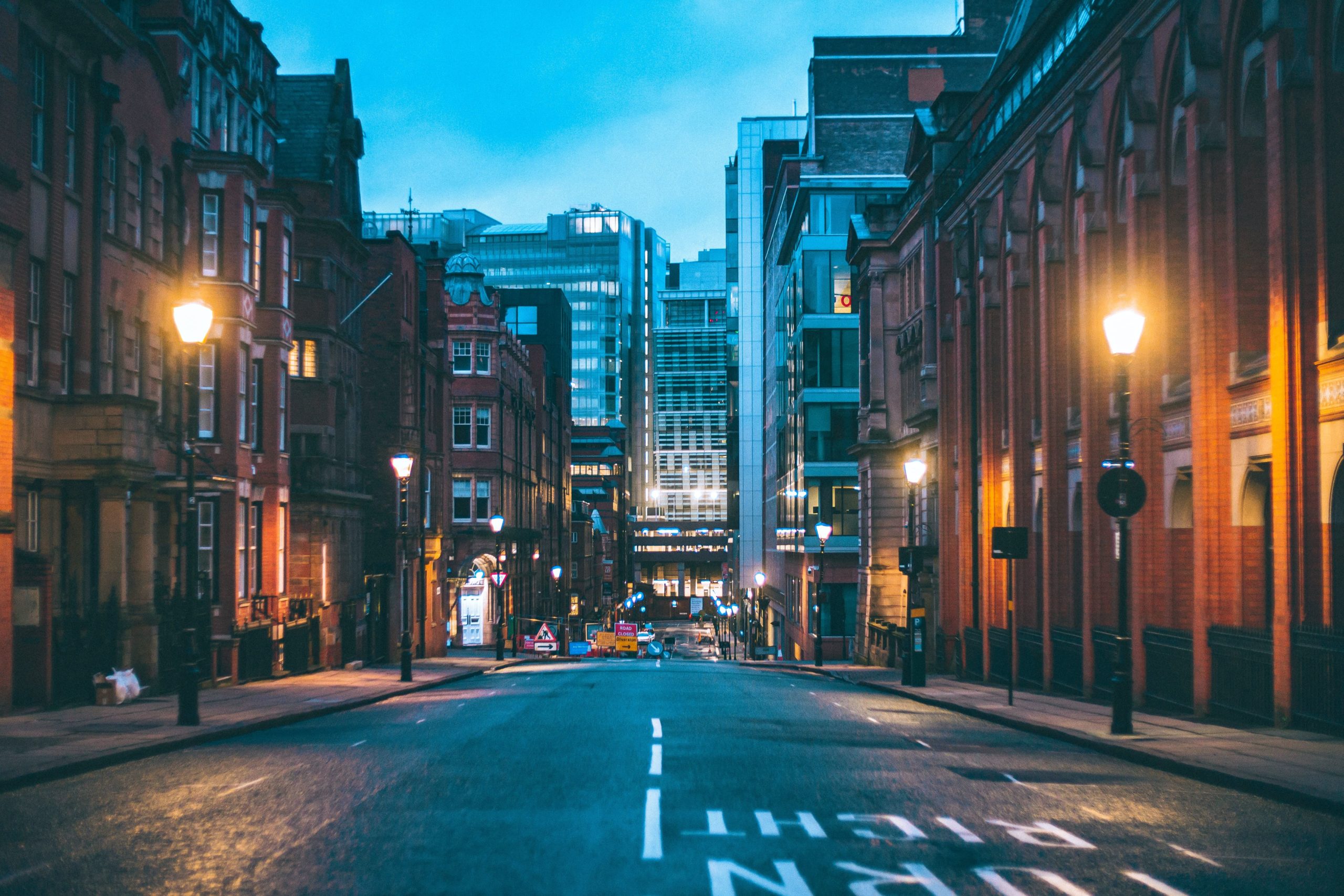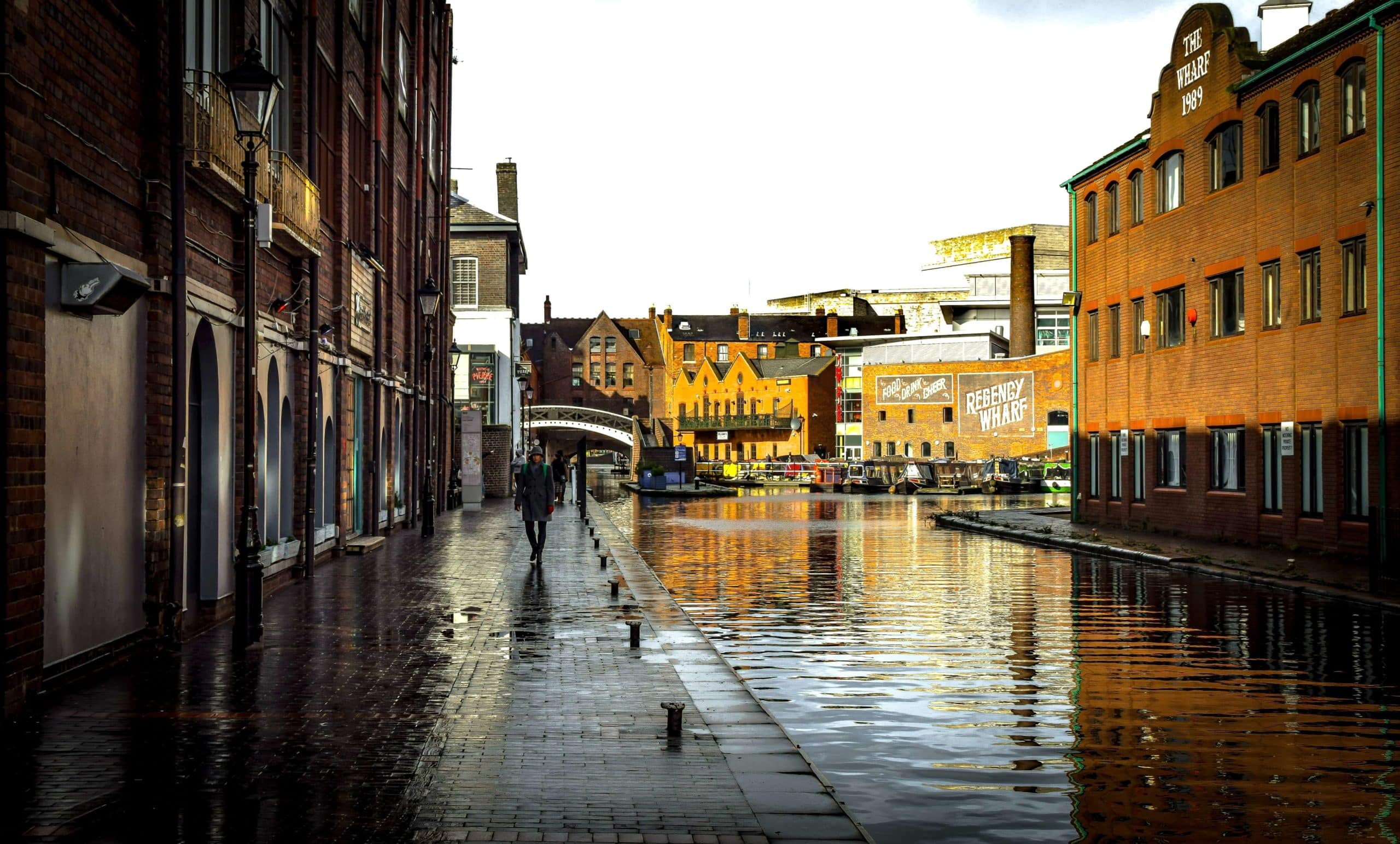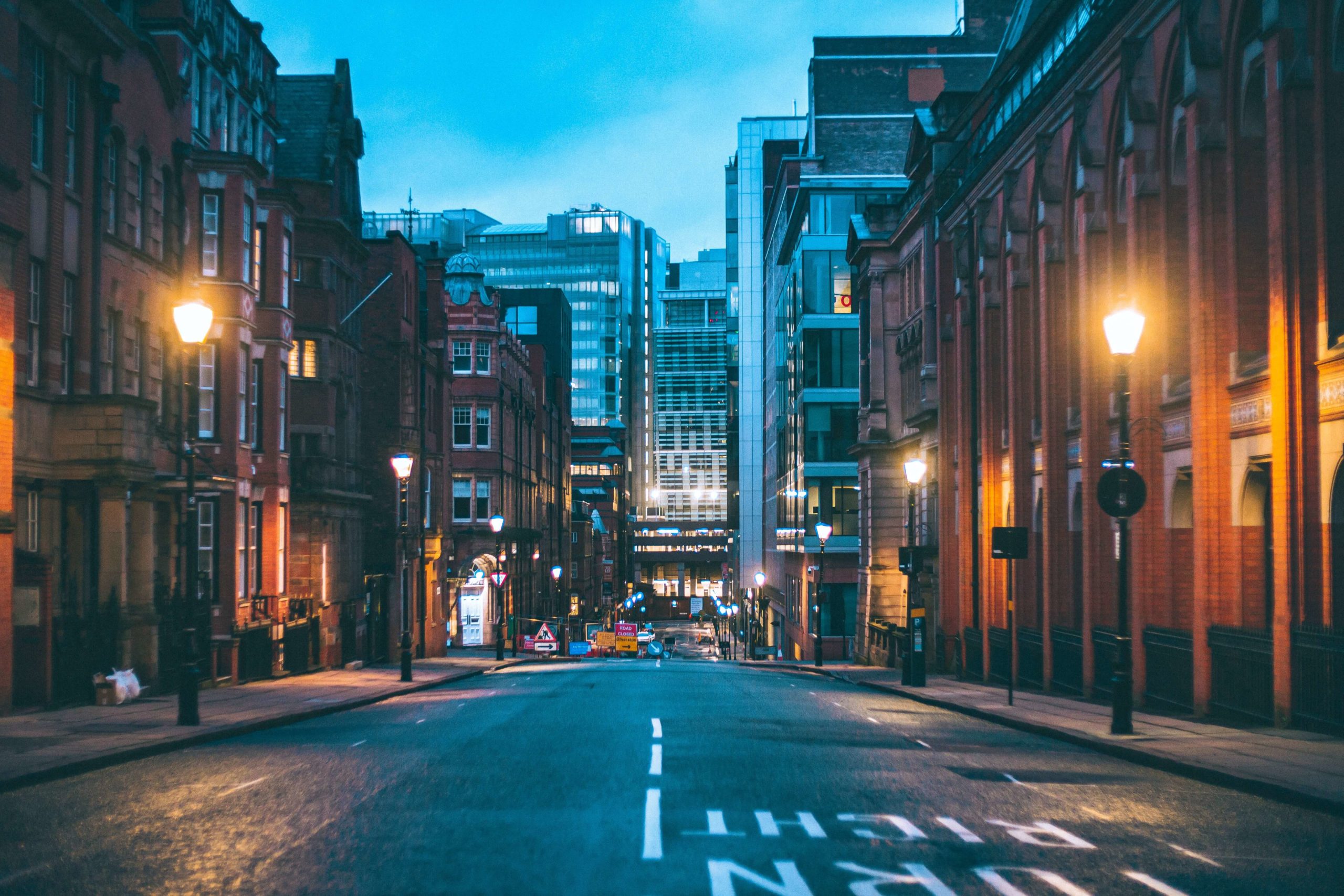The Birmingham property market has proven to be resilient despite the challenges of recent years. Demand for Birmingham properties continues to rise, and forecasts expect the area to be one of the most promising markets in the next 5 years.
But what are the current Birmingham property prices, and will they keep rising? We’re going to take a closer look at the regions in and around England‘s second largest city to help you plan selling your house in Birmingham.
Birmingham house prices by area
According to Rightmove, the average cost of a property in Birmingham was £240,104 in 2021. The average increase was around 11% over the previous twelve months.
Birmingham house prices vary greatly by suburb, so let’s start by looking at some of the most expensive areas in Birmingham.
Hockley Heath
Hockley Heath (B94) is among the priciest, with properties averaging £616,000 in the last year. Sale prices were up a huge 39% on the previous year in this large village within the Borough of Solihull. A detached house averaged £863,000 in this time and was the most popular type of house sold. This is the price many are paying for a countryside lifestyle with excellent transport links to central Birmingham for commuters.
Knowle
Another affluent area is Knowle (B93). A charming, leafy village close to Solihull, Knowle is popular with families and has a thriving high street. Property prices averaged £544,154 in the last twelve months, and the majority of sales were detached properties with an average price of £654,408. Sold prices were up by 7% in 2020, and since the City Centre is just 25 minutes away, it is easy to see why.
Henley-in-Arden
With over 150 buildings of historical interest in its high street, the popular village of Henley-in-Arden is one of the most expensive places to live in the Birmingham area. Just 8.5 miles from popular Stratford-upon-Avon, the average property price was £371,597 in 2021. Semi-detached properties averaged £377,165, and flats £170,779.
Nechells
For less expensive Birmingham house prices, the inner city districts offer something different. Nechells (B7) had an average property price of £159,375 in 2021. Sale prices were up 20% increase on the previous year.
Witton
Close by is Witton (B6) where properties cost an average of £122,245, while flats cost an average of £85,000. Other areas for first time buyers to consider include Aston, where properties average prices were £148,636 over the last year.
Handsworth
Handsworth is close to the city centre and has an array of sought-after schools. Its average property price was £204,155 in 2021, with terraced houses selling for an average of £162,474.
Small Heath
Birmingham is experiencing a lot of redevelopment. This makes property in certain areas desirable for many investors. Up and coming areas include Small Heath. Home to the popular BBC drama Peaky Blinders and the South-East of the city, it has excellent transport links. Properties in Small Heath were sold for an average of £154,418 in 2021
Hall Green
Another area that isn’t far from the centre is Hall Green. It is also experiencing redevelopment, including the former greyhound stadium that is now the site of hundreds of new homes. Properties in the area cost an average of £249,677 in 2021, up 7% from their peak in 2019.
Water Orton
With property prices up 16% on the previous year, Water Orton is another up and coming area. However, prices already averaged £310,325 over the last year. Slightly outside the city centre, it represents another popular area of Birmingham that saw significant growth last year.
Birmingham house prices by property type
Birmingham has a variety of property prices and a variety of property types. The average house price in Birmingham in 2021 was £240,104, and the majority of sales were semi-detached. According to Zoopla, these sold for an average of £241,869.
Average sale prices varied greatly depending on the property type. These included the following figures:
- Detached: £442,163
- Semi-detached: £241,869
- Terraced: £210,653
- Flats: £146,942
The average increase was 11% and this is believed to be down to the high demand, and a shortfall in properties on the market.
According to the Office For National Statistics, the median age of people in Birmingham was 32.6 years old in 2017, and since 60% of the population of Birmingham is under 35, there are plenty of young professionals who are often seen as the most desirable tenants.
This may be part of the reason there is such high demand, and this demand far outweighs the supply of houses in Birmingham.
Are house prices rising in Birmingham?
According to property consultancy JLL, property prices in Birmingham are expected to grow more than any other UK city in the next five years. Their research suggests that the average home price in Birmingham will rise by 4.9% a year, and rental values increasing by 2.8%.
The 2022 Commonwealth Games are seen as one of the main reasons behind the increase, raising the profile of the city and bringing high earning jobs to the area.
Other reasons for the predicted increase include a variety of investments into the city such as HMRC which will bring thousands of jobs to the area. Another reason behind the increase is HS2.
Will HS2 increase house prices in Birmingham?
HS2 will make London feel closer; the journey between the UK’s two biggest cities will take just 52 minutes. This is expected to bring commuting professionals to Birmingham. With easy access to the capital, commuters can earn a London salary without paying the steep property prices.
The estimated cost of the project has surpassed £100 billion. It is only the second high-speed railway built in the UK, so there is an understandable buzz around its progression.
Major transport improvements in any area increase its appeal so the HS2 is expected to increase property prices. Much like other transport projects.
When the M40 was extended from Oxford to Birmingham, it made for convenient access to London which raised property prices in certain areas. Any city with new connections to London is likely to have a positive impact on prices. However, this is not guaranteed.
It is estimated that the project will require the use of 30,000 workers, some of which will be staying and looking for property in the city. The track itself will measure some 343 miles and 25 stations that will connect around 30 million people.
The first train between London and Birmingham isn’t expected to run until 2026. But expect mass media glare and a potential increase in Birmingham property prices when the first connecting trains between London Euston and Birmingham Curzon Street are up and running.
Sell your house fast in Birmingham
Selling on the market isn’t the only option when selling your property. If you’re looking to make a quick house sale in Birmingham, you’ve come to the right place. We Buy Any Home is the perfect cash house buyer to help you sell your house fast in Birmingham.
Want to know more about how it all works? Then get a free, no obligation cash offer from us now by entering your postcode in the box below.











